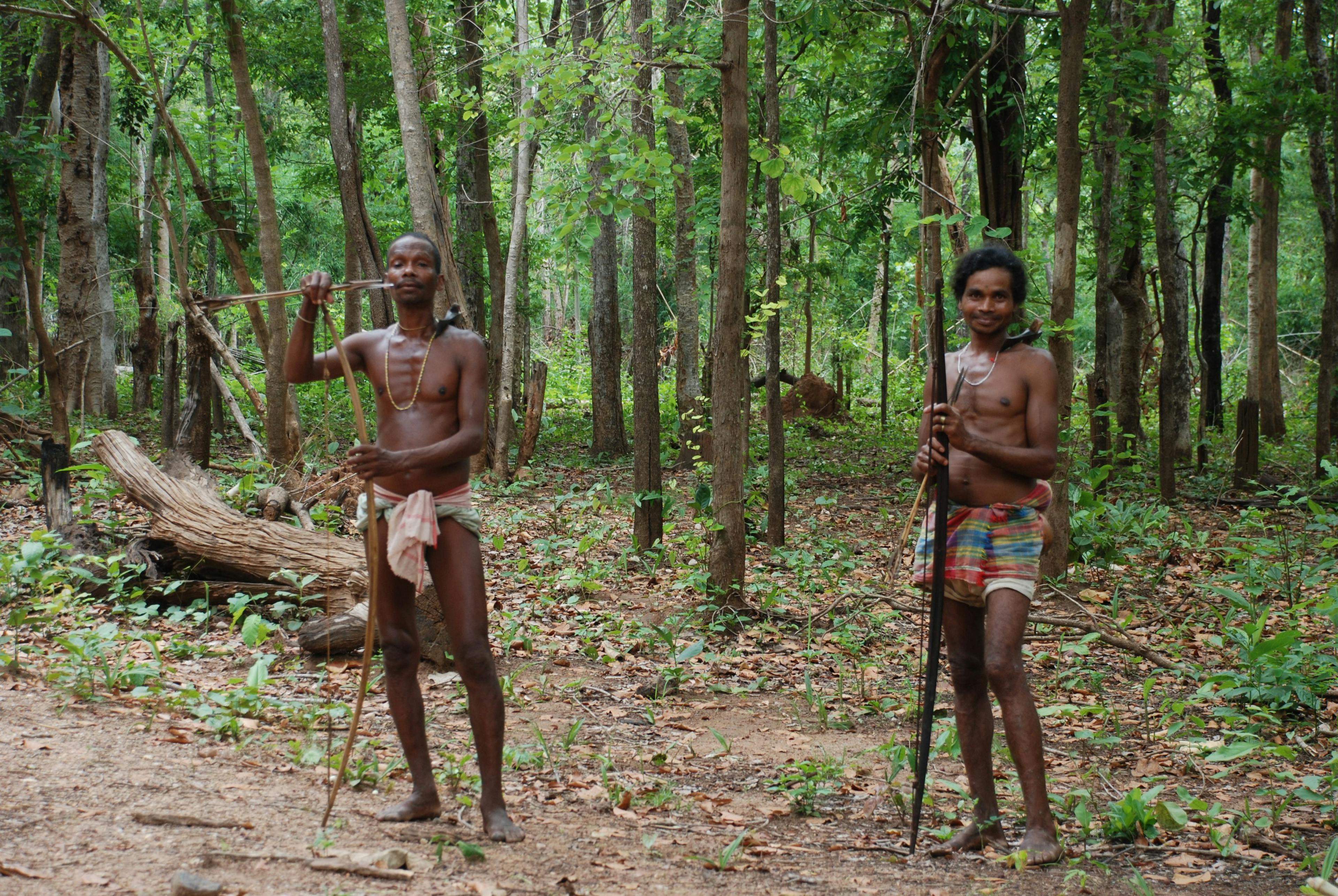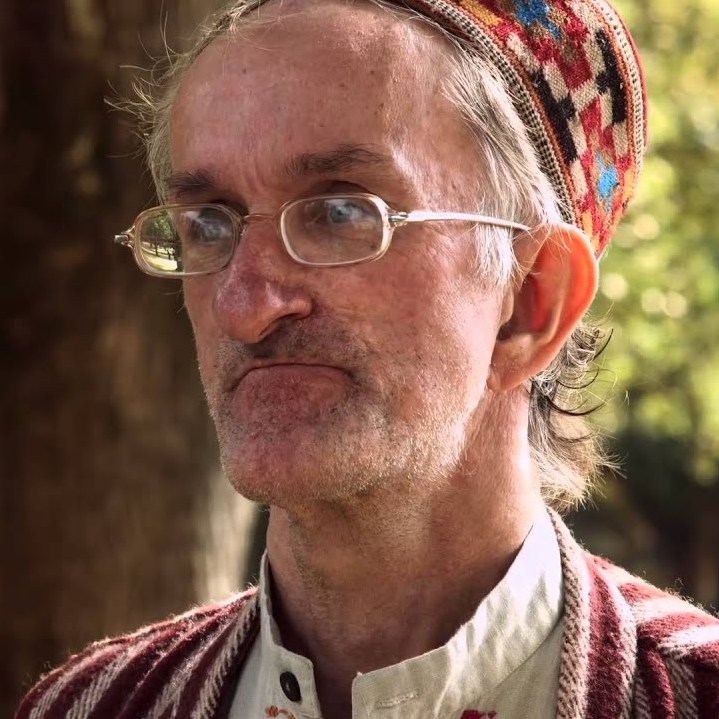A book review of Madhu Ramnath and Ramon Razal (2019) Wild Tastes in Asia: Coming Home to the Forest for Food. Philippines: NTFP Exchange Programme.
Available at tinyurl.com/wildtastes for $30 / £21 (hardbound) or $20 / £14 (paperback) (Rs.1500/1000 in India).
'Forest as Home, Home as Forest' (p.5): this is a book about 'wild food' knowledge systems in several Asian countries. It confronts many modern assumptions about culinary normality, starting with ideas about food as something cultivated, bought, and sold as part of an economised food-chain.
The book is superbly illustrated, and written with an extraordinary sensitivity that balances botanical knowledge with a deep understanding of indigenous cultures and food traditions. It should be an indispensable resource for those working in a number of related areas. In the Indian context it is unique in its survey of wild food in the form of fish, animal, bird, and insect species as well as plants. It broadens our horizon far beyond the farms and plantations which dominate the modern mind's imagination as sites of food production.
The book deals with the situation of Indigenous Peoples in six countries: India—where author Madhu Ramnath has unparalleled experience living among Adivasis—as well as specific peoples in Indonesia, Philippines, Malaysia, Cambodia, and Vietnam. All six groups have witnessed appalling depletion of forest biodiversity, and been subjected to 'greening' programmes, such as the Compensatory Afforestation Fund Act in India, which increase 'forest' in the form of plantations of non-indigenous monocrops, with few benefits for indigenous peoples who depend on wild species. Tragically, these programmes have usually discounted these peoples' immense knowledge of forests and their species, and the complex, ancient interdependence between human and non-human. India's forest service, for example, has a top-down hierarchy inherited from British times that tends to give no attention to indigenous knowledge, though Ramnath's form of activism, developed over years, has cultivated friendships with sensitive forest officials, encouraging them to meet Adivasis and draw on their expertise in a quietly egalitarian mode.

The publisher—the NTFP Exchange Programme—is a network of Non-Timber Forest Produce (NTFP), a concept that has become extremely important for surviving Indigenous communities in terms of entering a market economy skewed against them by harvesting and selling certain forest products they have expert knowledge of. The context involves the immense pressures affecting both primary forests and Indigenous Peoples, which those of us concerned with either or both are all too familiar with.
To counteract this, a key theme in the book is the fun and pleasures of convivial life among those living close to nature. Humour is a key ingredient of many Indigenous societies—an idea which many ethnographers have evoked rather poorly (though see Vitebsky 2018 on an Adivasi people in India, and Rudge 2019). Humour plays a vital role in many indigenous communities, helping people face the pressures that make their traditional economies increasingly fragile. The book situates food practices not only in the geographical environment that Indigenous peoples live but also in their social milieu, whilst illuminating the logic embedded in the tapestry of food and accompanying rituals.
The emphasis in this book is therefore the wealth of knowledge about natural species that indigenous people pass down through the generations, with poignant comment on its decline among the youth today, along with paths of rejuvenation. In each society—especially many Adivasi societies in mainland India but also those in Northeast India and Southeast Asia—those who know them well over several decades have witnessed a marked decline of skills and interest among younger generations. This is partly a consequence of deforestation and illegalisation of gathering and hunting in remaining forests. Another range of reasons involves rapid social change, and the diversion of youth interests into other channels: the allure of money, roads, mobile phones, and formal school education that undermine traditional skills and values by denigrating nature-based traditions as old fashioned 'superstition'. In India, most tribal schools are ridden with notions of primitivism and backwardness, leading to devaluing of indigenous languages and values, skills and knowledge, including those around wild food. The predominant models of Hindutva schooling and also of extraction education (Walker 2018) in the rush to assimilate indigenous children into dominant religious and economic ideologies leave no room for forms of knowledge outside of the mainstream. As the authors remark (p.164), "this knowledge is threatened by insensitive policies and large-scale destruction of forest habitats, and the absurd desire of governments to bring indigenous societies into the 'mainstream.' Allow us the whim of remarking that most of our main streams are already polluted."
Most ethnobotany emphasizes herbal medicines and other useful plants separately, recording lists of plants disembodied from the cultures and 'Adivasi Economics' that give this knowledge life (Padel, Dandekar, and Unni 2013). Traditional societies (including Ayurveda) tend to look on food itself as our primary medicine in an holistic sense, rather than trying to isolate specific chemical elements in medicinal plants, as pharmaceutical companies do, that draw on Indigenous knowledge of healing properties of plants to make 'great discoveries'.
The wider context in India bears the shadow of the green revolution, involving vast challenges presently faced by farmers, with tens of thousands of farmer suicides, owing to factors including market manipulations, terminator/GM seeds, reliance on chemical (fertilizer/pesticide) inputs, high levels of debt, and new legislation promoting monopolistic agriculture. These issues of rights of farmers and organic traditions are extremely important, yet the present book's emphasis on wild food offers a radically different, complementary perspective.
"All around food lies ready which nature has distributed in every place; men pass it by as if blind to it" (p.32). These words from Seneca on the gathering of wild foods, are among a refreshing variety of sources quoted. Seneca's Stoic philosophy resonates remarkably with today's environmental awareness as well as Gandhi's insistence on eating local foods rather than transporting them absurd distances as the modern market system dictates.
Ffyona Campbell's The Hunter-Gatherer Way (2012) (with a Gaelic/Scottish emphasis) is representative of re-emerging interest in wild food in the West, that started through inspiration from indigenous knowledge around the world. To quote one experienced British food-forager we interviewed: "It's a fight now isn't it, between all the people who love Nature and the ignorant people running the world? By loving Nature, I mean acting on behalf of the indigenous wild species that are becoming so rare in every country and Indigenous Peoples' knowledge systems about wild foods... When I walk through the landscape and pick a few leaves from specific plants I feel I'm putting part of the landscape inside me and connecting with this ancient plant-wisdom---knowledge about plants, but also the wisdom _in_ the plants themselves..."
Such knowledge forms the essence of many of the world's indigenous cultures, that the modern world needs to relearn. Amazonia has seen some of the deepest work on indigenous plant-food knowledge, from an indigenous language compendium of the Matsés people of Brazil to Eduardo Kohn's ethnography How Forests Think (2013) of the Kichwa-speaking Ávila Runa people of Ecuador, which paves the way for an anthropology which goes beyond the human—as the present book does also, in a different way.
Wild Tastes in Asia gives a vital Asian perspective from cultures that are marginalised even within anthropology, presenting this knowledge through each element of the plant, and different uses for root, bark, leaf, flower, fruit, stem and shoots. For its botanical photos and compendium of knowledge alone, this book is unparalleled.
As the authors comment, introducing the dimension of ritual and festivals near the end: "Most indigenous peoples believe in the sacredness of the forest and relate to it in ways unexplained by 'scientific logic'" (p.113).
What is vital now is to move beyond the lists and conceptual analysis that much ethnobotany still remains preoccupied with, towards work that reaffirms the identity of forest peoples in terms of their symbiosis with the forests in which they live—work that can support these peoples' survival in terms of their self-sufficiency at a time when the tendency is still for governments to inculcate dependence at many levels. Can we start to think of forest as home, and forest knowledge about its foods as a necessity for human survival, as well as a joyful terrain of learning?
References
Aga, A. 2021. Farm Protests in India are Writing the Green Revolution's Obituary. Scientific American, 24 January 2021. Campbell, F. 2013. The Hunter-Gatherer Way. London: Wild Food Publishing. Choudhury, C. 2019. A 56,000-Crore Rupee 'Afforestation' Fund Threatens India's Indigenous Communities. Pulitzer Center, 25 June 2019. Gupta, M. and Padel, F. (2018) Confronting a Pedagogy of Assimilation: The Evolution of Large-scale Schools for Tribal Children in India. Journal of the Anthropological Society of Oxford 10(2):22–47. Hance, J. 2015. Amazon Tribe Creates 500-page Traditional Medicine Encyclopedia. Mongabay, 24 June 2015. Kohn, E. 2013. How Forests Think: Towards an Anthropology Beyond the Human. Berkeley, CA: University of California Press. Koya, M. L. 2020. How Adivasi Languages are at Threat by Dominant Cultures and State's Apathy. Adivasi Resurgence, 9 August 2020. Markam, S. 2020. The Alienation of Adivasis From Our Identity, or How I Unlearned My Hinduisation. The Wire, 12 August 2020. Mukherjee, M. 2020. Farm Bills Will Create a Vacuum That May Result in Utter Chaos: P. Sainath. The Wire, 23 September 2020. Padel, F., Dandekar, A., and Unni, J. 2013. Adivasi Economics: Quest for a Socially Informed Connection. Delhi, India: Orient BlackSwan. Rudge, A. 2019. Laughing When You Shouldn't: Being "Good" Among the Batek of Peninsular Malaysia. American Ethnologist 46(3):290–301. Vitebsky, P. 2018. Living Without the Dead: Loss and Redemption in a Jungle Cosmos. Noida, India: Harper Collins. Walker, J. 2018. Creating an LNG Ready Worker: British Columbia's Blueprint for Extraction Education. Globalisation, Societies, and Education, 16(1):78–92.


